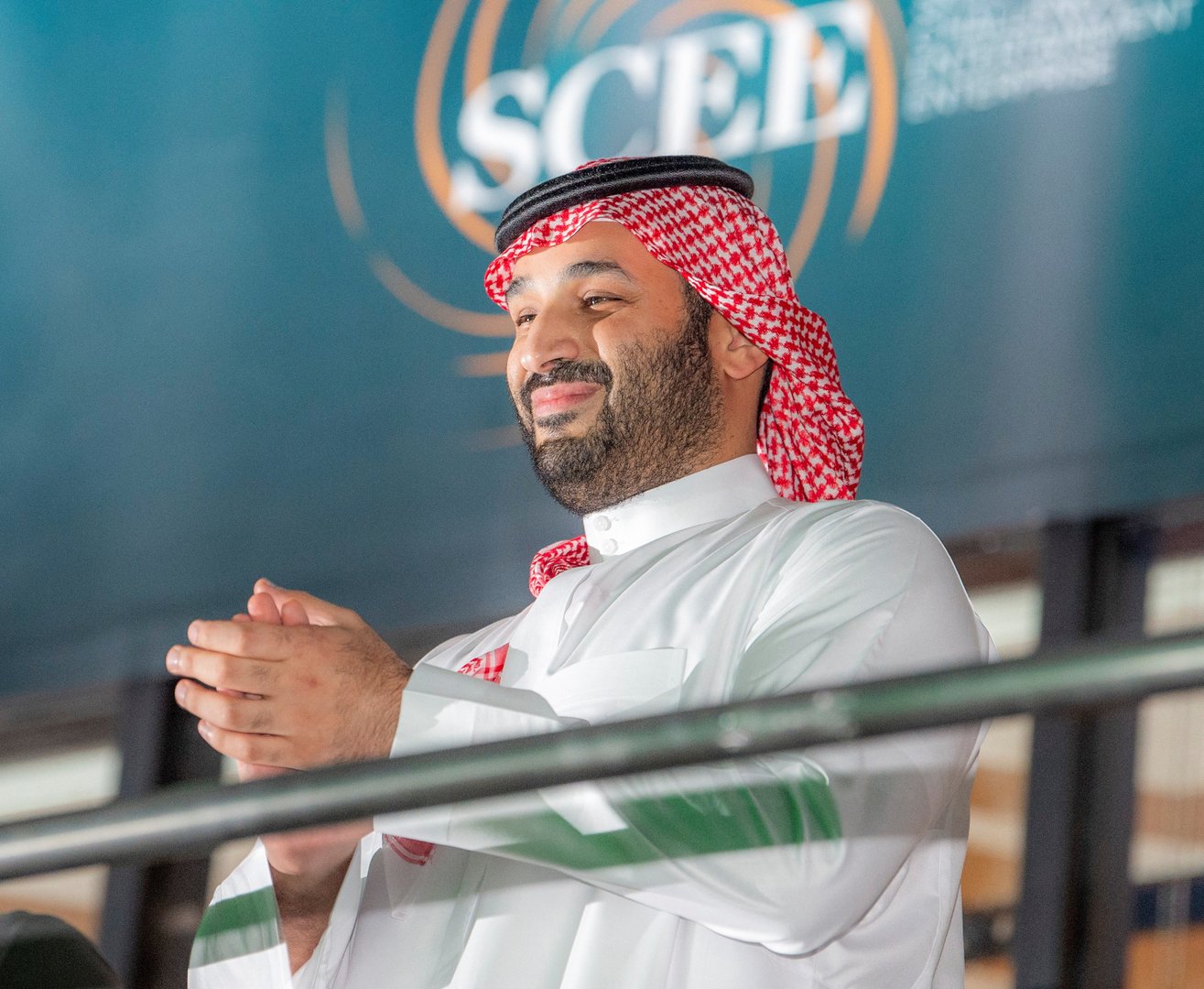By Andreas Charalambous and Omiros Pissarides
Saudi Arabia has traditionally based its policies on exploiting its natural wealth. Its government/administrative structure rests on the power of the Saud family and is underlined by a strong Islamic ideology. Over the years, despite its structural weaknesses, Saudi Arabia has acquired enormous wealth. With a GDP exceeding $800 billion in 2021, it is among the world’s 20 largest economies, and it yields considerable geopolitical clout.
However, the prevailing conditions are rapidly changing. In recent years, the decrease in the importance of oil, due to its negative environmental footprint, has reinforced the need to modernise the country. Its current de facto leader, Mohammed bin Salman (MBS), appears to understand the emerging trends well. Although the murder of dissident journalist Khashoggi in 2018 outraged global public opinion, MBS is generally considered a reformer and is promoting major forward-looking policies as presented below:
Firstly, MBS recognises the necessity to invest in new sectors, thereby reducing his country’s dependence on oil. In this respect, he has announced the “Vision 2030”, a strategic plan that envisages a radical transformation of the economy through the development of renewable energy sources (RES), as well as the promotion of certain sectors with promising prospects, such as health, education and tourism.
MBS’ grandiose vision includes the creation of “Neom”, a new city on the Red Sea, which will rely entirely on RES and advanced technology (robotics, etc.). His efforts have suffered a setback as the decrease in the price of oil and the resulting decline of foreign exchange reserves, during the period 2014-2020, led to a delay in the implementation of his new strategic vision.
Secondly, MBS is promoting a plan of “saudification” of his country’s workforce. With foreign workers numbering around 12 million, out of total inhabitants of 34 million, this task is tough. The drive for inclusion of women in the labour market is correct, but it is not expected to fill the gap. Furthermore, it is considered difficult for young unemployed Saudis to accept the type and conditions of employment which are typical for foreign workers.
Thirdly, MBS focuses on the problems of wealth concentration, social inequality and corruption, which is understandable considering that the wealth of Saudi Arabia is controlled by about 2,000 members of the royal family. Aiming to strengthen social cohesion, the government has upgraded the welfare state to a degree that is deemed excessive in terms of basic goods (e.g. water, electricity and fuel) and thus counterproductive.
Furthermore, MBS does not hesitate to cooperate with countries which have traditionally been considered less friendly. Economic relations with China are expanding, while Saudi Arabia has accepted the conclusion of the historic bilateral agreements between Israel and the UAE.
To finance the above, the government contributes through the largest oil company in the world, Saudi Aramco.
Recent geopolitical developments and particularly Russia’s invasion of Ukraine have led to an increase in oil prices. While this development will temporarily boost Saudi Arabia’s finances, the challenges of transforming the country into a modern economy remain.
Andreas Charalambous is an economist and a former director in the finance ministry.
Omiros Pissarides is the managing director of PricewaterhouseCoopers Investment Services








Click here to change your cookie preferences